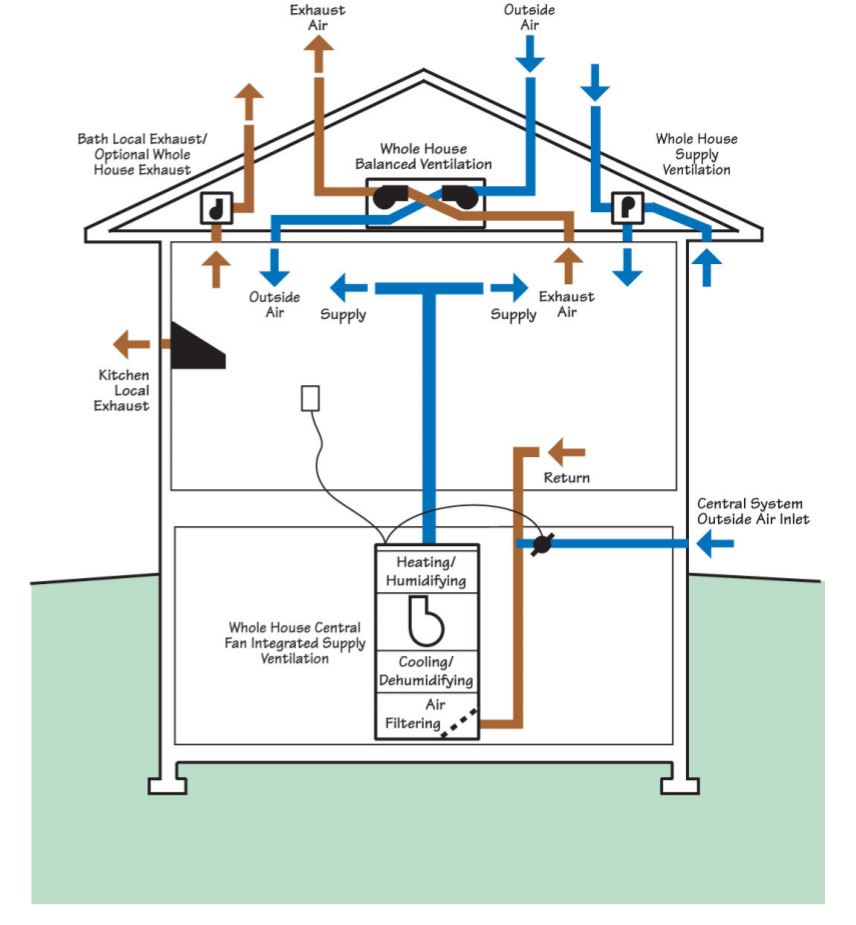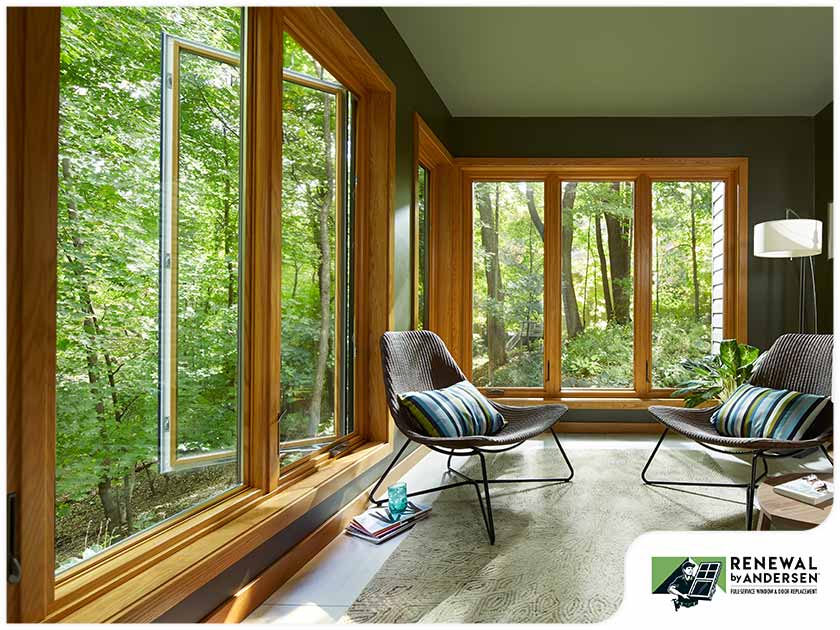Home Ventilation Melbourne: A Smart Investment for Modern Living
Wiki Article
The Duty of Home Air Flow in Protecting Against Mold And Mildew and Indoor Allergens
Home air flow is an essential part in keeping a healthy and balanced interior atmosphere. It controls humidity levels, which can prevent the growth of mold and mildew and the buildup of irritants. Lots of house owners ignore the value of appropriate ventilation, frequently resulting in unseen issues. Recognizing just how air flow systems function and their impact on air top quality might be the secret to a healthier home. What actions can be taken to enhance these systems properly?Recognizing Home Air Flow Systems
While many home owners may neglect the importance of air flow, understanding home air flow systems is vital for maintaining interior air quality and preventing mold and mildew growth - Home Ventilation Melbourne. These systems promote the exchange of stale interior air with fresh outdoor air, properly decreasing toxins and dampness levels. Usual kinds include all-natural ventilation, which depends on wind and temperature level differences, and mechanical ventilation, which makes use of ducts and followers to manage airflow. Furthermore, well balanced ventilation systems incorporate both methods to enhance air quality. Effectively developed and preserved air flow systems can help manage temperature and humidity, making sure a comfy living setting. Property owners need to consider aspects like home climate, occupancy, and design when picking a ventilation system to best suit their requirements and enhance general air high quality
The Influence of Moisture on Mold Development
Moisture plays a vital function in mold development, making it a vital element for homeowners to check. Mold thrives in settings where humidity degrees surpass 60%, as these conditions give the wetness necessary for spores to multiply and germinate. High moisture can result from numerous sources, consisting of bad air flow, water leaks, and food preparation or bathing tasks. When moisture levels remain raised, mold can create rapidly on natural materials such as drywall, material, and timber. Home owners must make use of dehumidifiers and guarantee appropriate air flow in areas susceptible to dampness, such as restrooms and cellars. Keeping indoor humidity in between 30% and 50% can greatly minimize the threat of mold growth, adding to a much healthier living environment.Determining Typical Indoor Allergens
Interior settings can harbor a range of irritants that affect wellness and convenience. Common indoor allergens include allergen, pet dog dander, mold and mildew spores, and plant pollen. Allergen thrive in bedding, rugs, and upholstery, preying on natural product and adding to respiratory system concerns. Pet dander, composed of tiny flakes from skin and fur, can set off allergic reactions in sensitive people. Mold and mildew spores, often present in damp areas, can affect and multiply air top quality. In addition, plant pollen can penetrate homes via open home windows or on garments. Determining these allergens is necessary for keeping a healthy and balanced indoor environment. Awareness of their presence permits home owners to take positive procedures to reduce exposure and improve overall interior air high quality.Benefits of Correct Air Flow
Appropriate ventilation is essential for keeping a healthy interior atmosphere, as it helps to regulate air quality and lower the accumulation of pollutants. Ample air flow facilitates the exchange of interior and outside air, consequently diluting unsafe compounds such as volatile natural compounds, allergens, and dirt. This process not just improves comfort yet additionally adds to the general well-being of passengers by minimizing respiratory system problems (Home Ventilation Melbourne). Moreover, appropriate air flow efficiently regulates humidity levels, lowering the possibility of mold and mildew development and promoting a drier setting for health and wellness. Furthermore, it can improve energy effectiveness by guaranteeing that cooling and heating systems run more efficiently, causing reduced energy expenses. In Home Ventilation Melbourne general, appropriate ventilation is an important component in promoting a healthy and safe home

Tips for Improving Home Air Flow
Lots of house owners may neglect it, improving home ventilation is essential for enhancing air high quality and protecting against mold growth. One reliable approach is to routinely open windows to promote cross-ventilation, allowing fresh air to circulate. Installing exhaust fans in shower rooms and kitchens can effectively get rid of moisture-laden air, decreasing humidity levels. Homeowners ought to also consider making use of air cleansers with HEPA filters to capture allergens and contaminants. Routinely preserving cooling and heating systems, consisting of transforming filters, guarantees come to a head air flow and performance. Sealing leakages around home windows and doors can prevent outside air from entering, which assists maintain a regular indoor environment. Incorporating houseplants can naturally enhance air high quality while including aesthetic worth to the home.Regularly Asked Inquiries
Exactly how Usually Should I Tidy My Home Air Flow System?
Identifying how often to clean up a home ventilation system relies on various factors, consisting of usage and ecological conditions. Home Ventilation Melbourne. Usually, experts recommend a comprehensive cleansing every three to 5 years to keep ideal airflow and effectivenessCan Plants Help Decrease Indoor Allergens?
Study shows that certain indoor plants may help in reducing allergens by boosting air high quality and increasing humidity. Nevertheless, their performance varies, and maintaining a tidy setting remains necessary for taking care of interior irritants effectively.What Kinds Of Air Filters Are Best for Mold And Mildew Avoidance?

Are There Particular Ventilation Needs for Cellars?

How Do I Know if My Ventilation Is Functioning Properly?
To establish effective ventilation, one ought to check moisture levels, inspect airflow via vents, and observe signs of condensation or stationary air. Routine assessments can indicate whether the system appropriately flows and exchanges interior air.Recognizing exactly how air flow systems function and their impact on air top quality could be the key to a healthier living area. While lots of homeowners might overlook the relevance of ventilation, understanding home ventilation systems is important for maintaining indoor air high quality and protecting against mold and mildew growth. Usual kinds include natural air flow, which depends on wind and temperature level distinctions, and mechanical air flow, which utilizes air ducts and fans to control airflow. Appropriate air flow is essential for maintaining a healthy interior environment, as it assists to control air top quality and lower the build-up of pollutants. Several property owners may overlook it, boosting home ventilation is necessary for enhancing air high quality and avoiding mold growth.
Report this wiki page